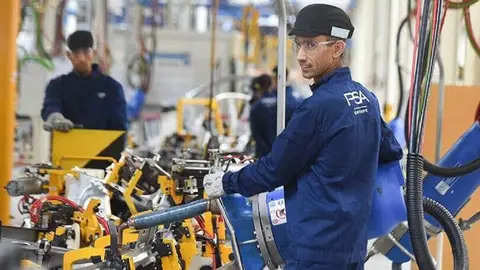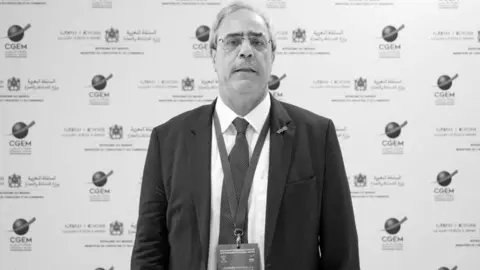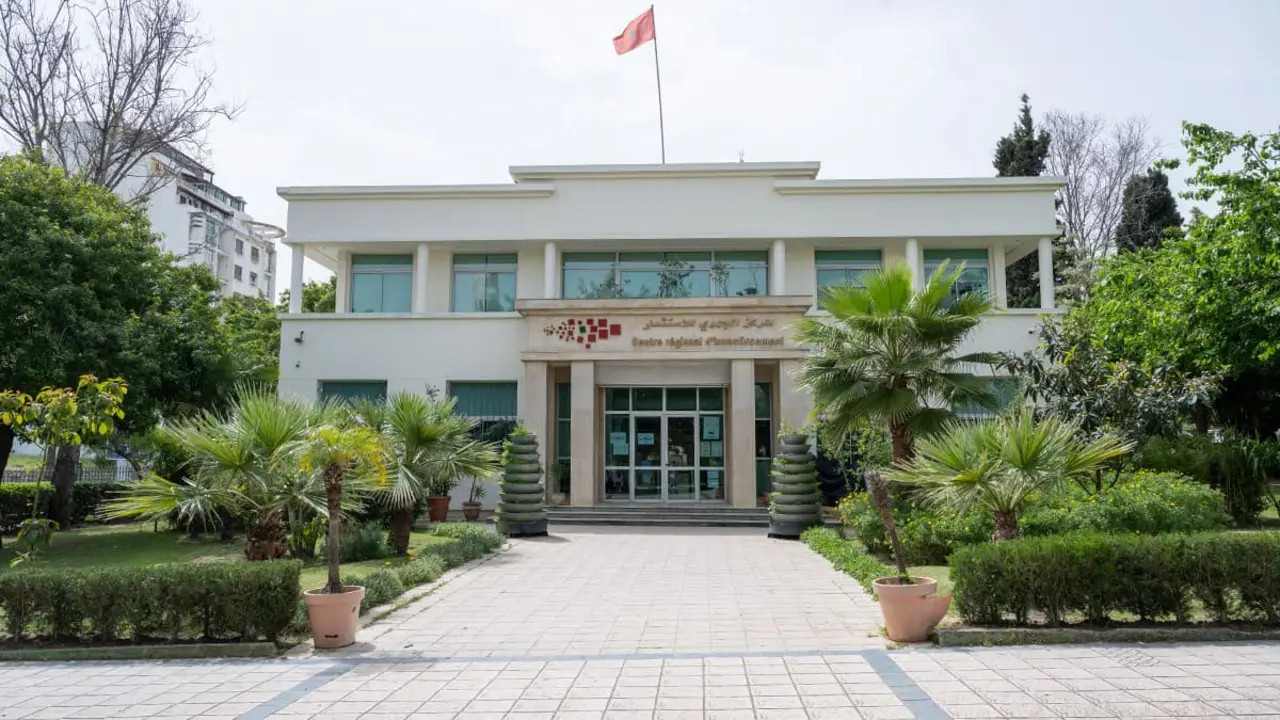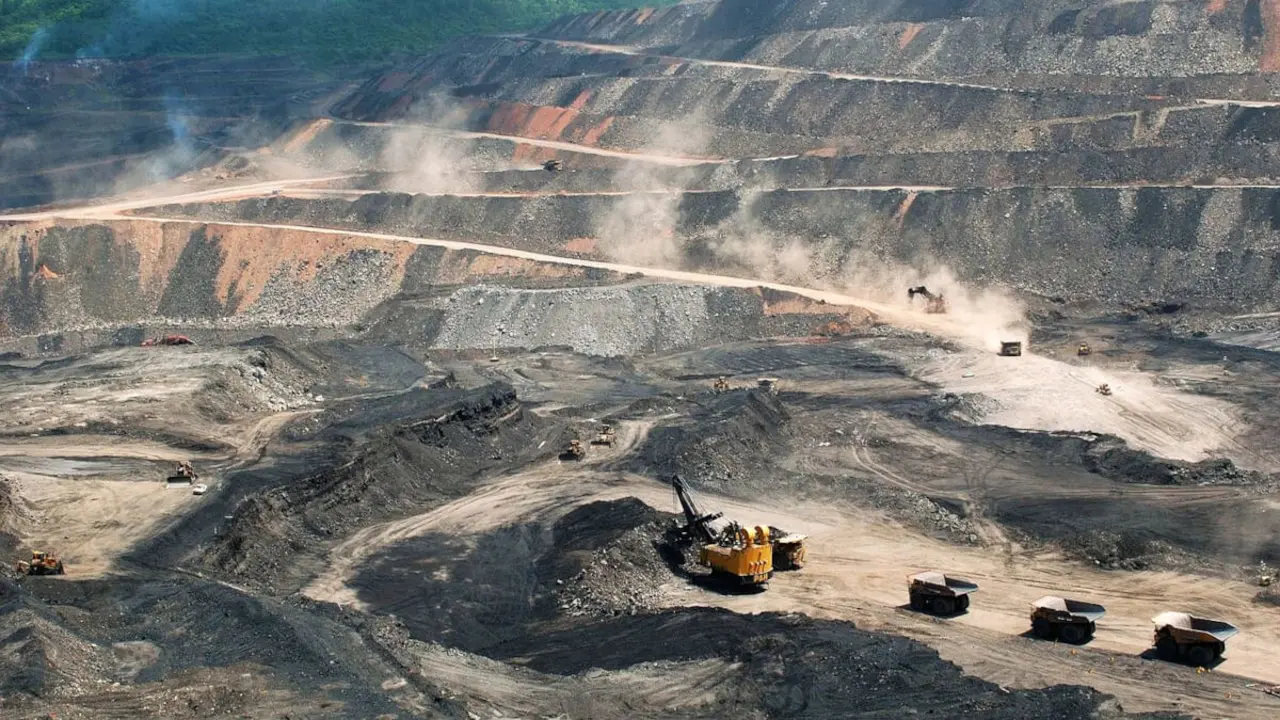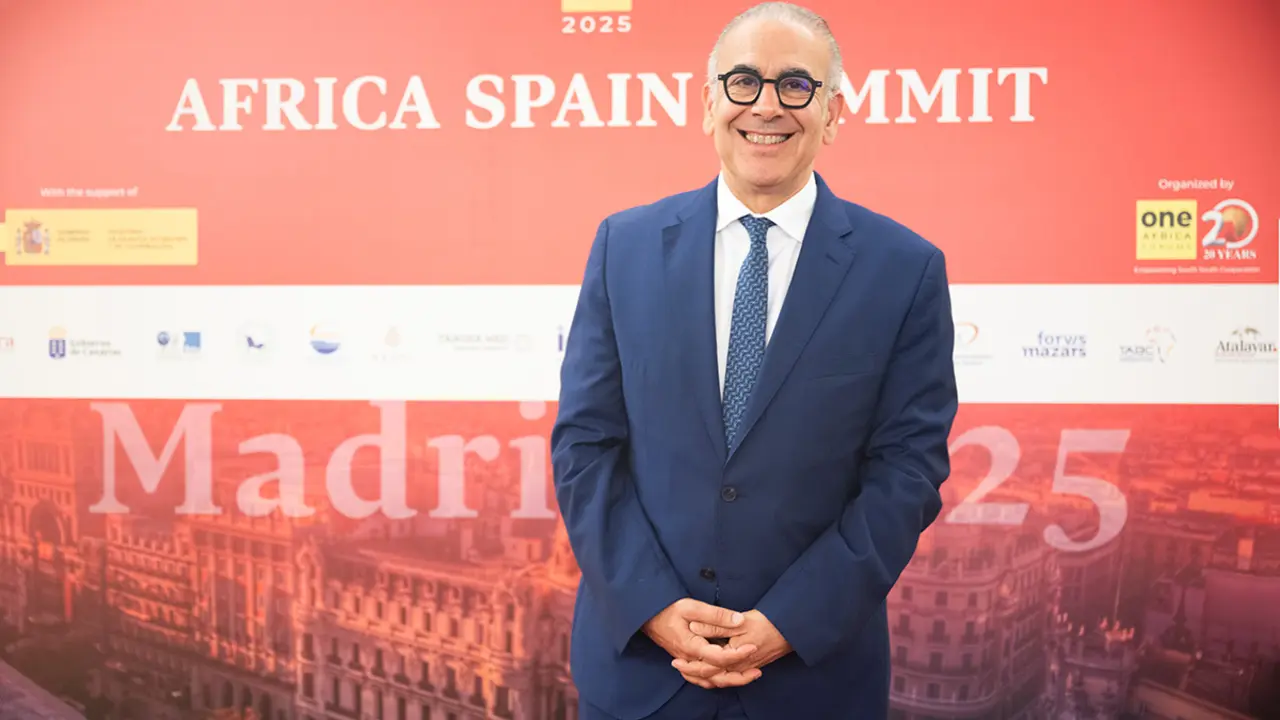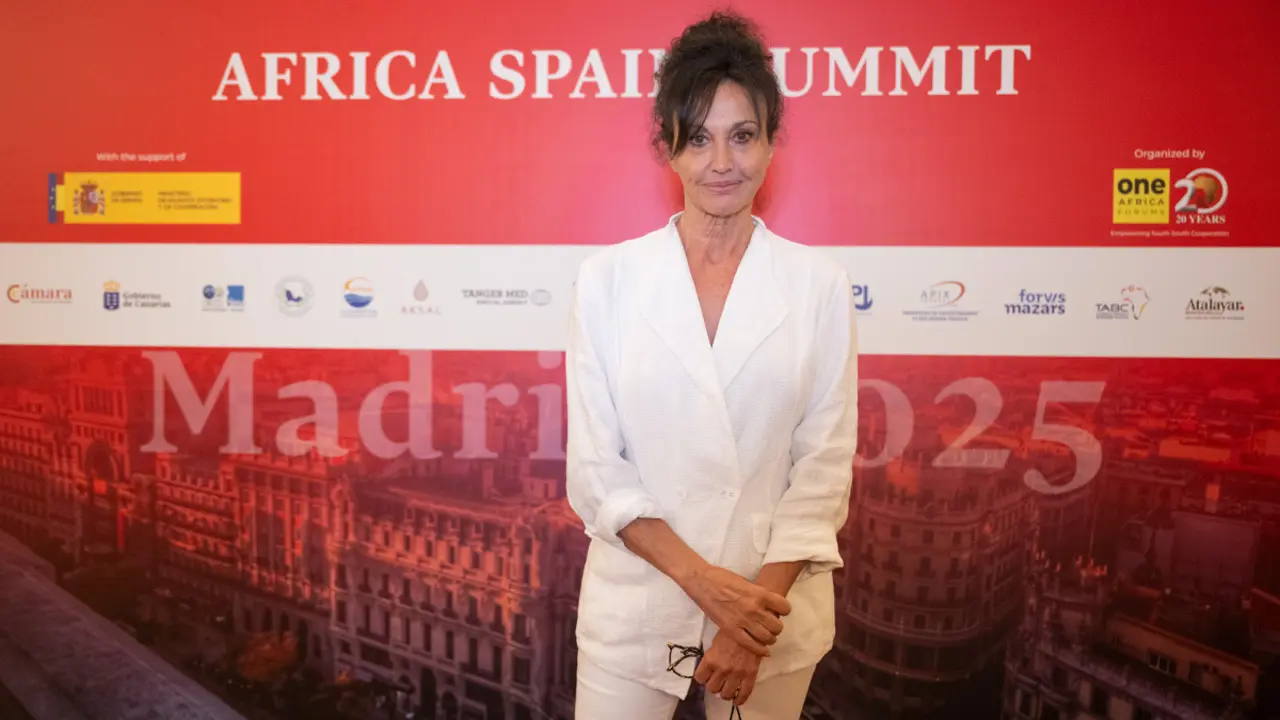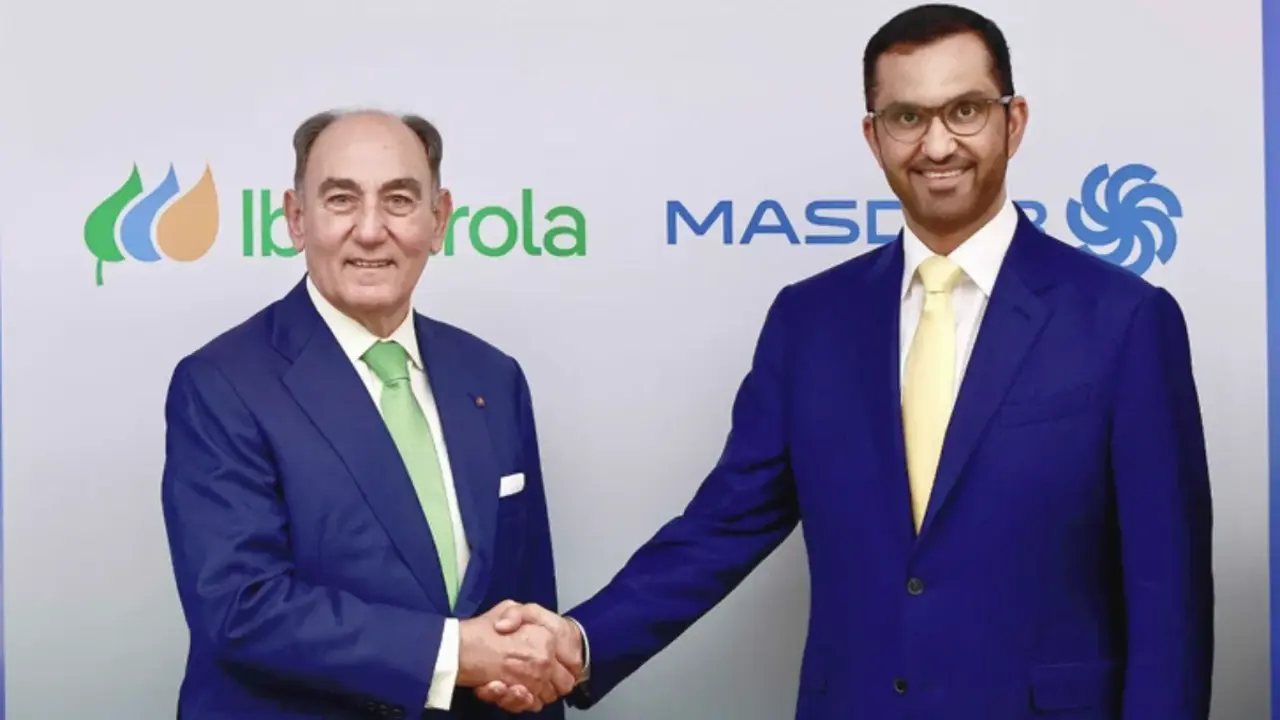Chinese investment group CNGR to build an industrial park in Morocco

Together, Moroccan private equity fund Al-Mada and Chinese battery components maker CNGR Advanced Material Co plan to establish an industrial base in Morocco. According to a Bloomberg report, work on the Jorf Lasfar base will begin by the end of 2023 and the total cost of the project is expected to be $2bn.
In line with the expansion of the electronic vehicle industry, the project will focus on the development of battery components. Phosphate resources, a crucial component in the creation of lithium phosphate cells, are one of Morocco's assets, as highlighted in a joint statement by the two companies, according to Moroccan television channel SNRTNews. These cells are increasingly used in electric vehicles.

The two partners underlined the importance of the project by stating that its power is sufficient to equip more than one million electric vehicles per year. According to the SNRTNews statement, "the partners are in talks with the OCP group to obtain the necessary phosphate". Morocco has stepped up its efforts to become a regional and global leader in the electric vehicle industry.
Due to its advantageous location just a few kilometres from Europe, the North African country also continues to attract industrial operators working in car and electric vehicle manufacturing companies around the world. Manufacturers with factories in Morocco include Dacia, Renault, Peugeot, as well as Chinese manufacturer BYD and German manufacturer Volkswagen.

Morocco was recognised for its commitment to industrial growth, particularly in the automotive industry. According to the "African Industrialisation Index" for 2022, the North African nation ranked second in terms of industrialisation progress in Africa. By overtaking South Africa in 2018 and ranking first among the continent's automakers, Morocco has solidified its position as the leading industry hub on the continent. In fact, the Alawi country signed more than 25 trade pacts with different automakers from both the European Union and the United States in 2021.
According to data from the Moroccan Office of Exchange (OE), the Moroccan automotive industry had an annual turnover of 7 billion dollars at the end of June, representing a growth rate of 34%. According to the OE report, the reason for the increase in the sector's exports was the rise in demand in all sectors of the automotive industry.
Moroccan direct investments abroad (DIME) during the first half of 2023 amount to 13.736 billion DH (8.639 billion DH at the end of June 2022). In addition, sales of these investments amount to DH7.654 billion, compared to the same period last year.

Imports of wiring increased by 44%, construction imports by 26% and imports of vehicle interiors and seats by 34%. To maintain its strong manufacturing position in the global shift to a greener economy, the Moroccan government expects the automotive sector to continue to outperform growth projections as it intensifies efforts to transition to electric car production.
The nation unveiled an ambitious industrial plan in September 2022 to increase the country's capacity to produce electric cars within two years. The plan calls for electric vehicle production in Morocco to double in two to three years to 100,000 units per year.

